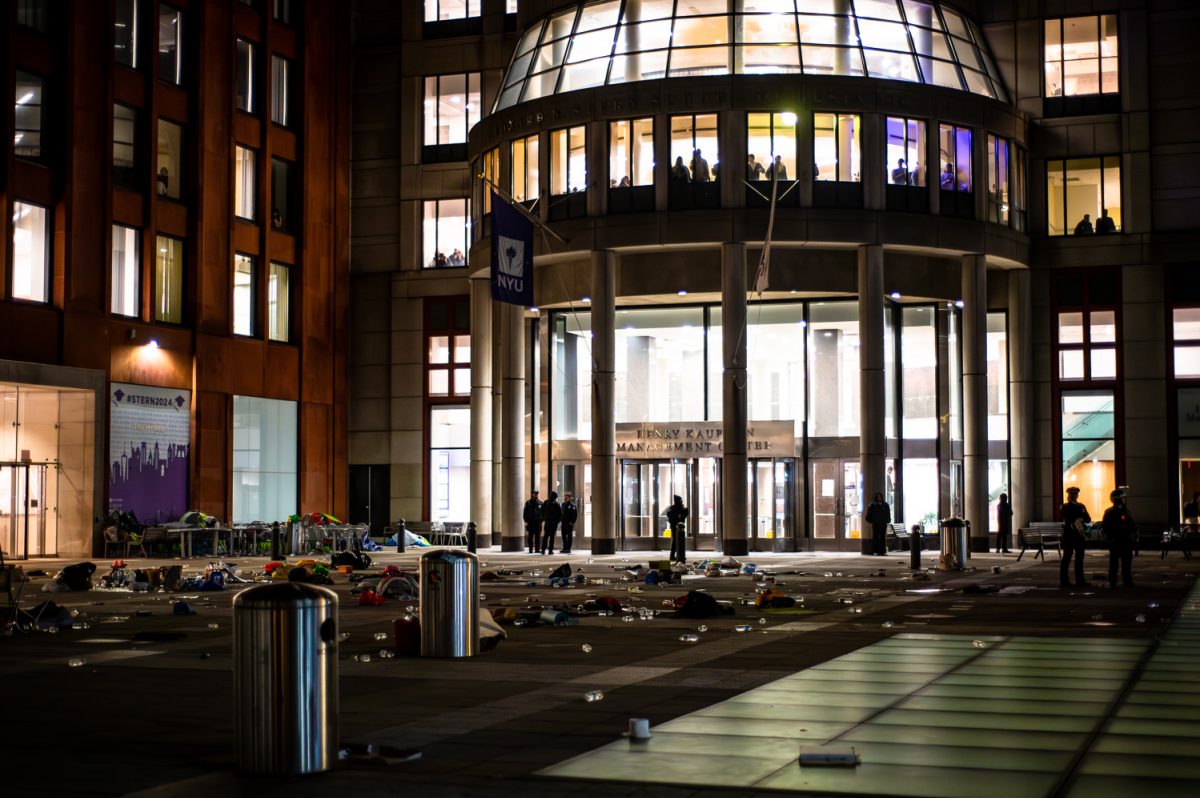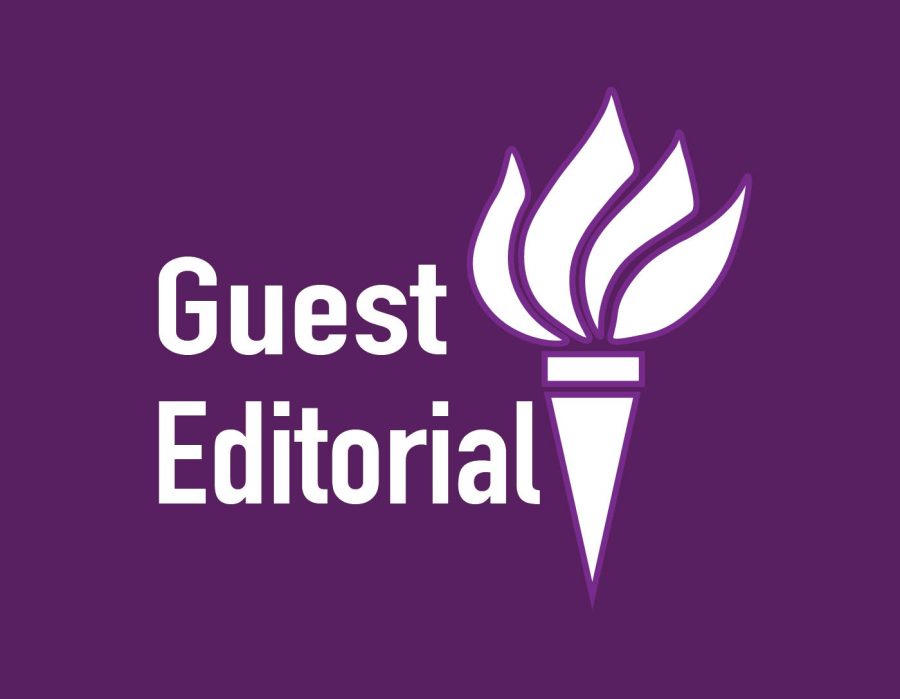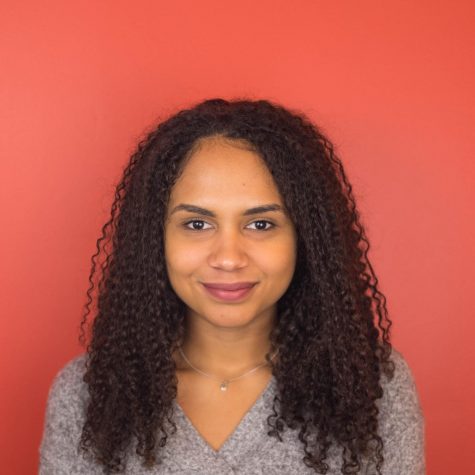Puerto Rico’s Deceptive Referendum
September 7, 2017
As a Puerto Rican residing in mainland United States, I am perceived as a hypocrite by the Puerto Rican residents whose quality of life is hindered by the island’s economic crisis. While I am not always able to attend protests on the island, I have used my opposition toward colonialism to carry the fight beyond the island. I have advocated for the accurate depiction of Puerto Rico’s stance on independence, statehood and its status as a territory. The Puerto Rican debt has led to the portrayal of the issue of statehood versus independence as a way to fix the economic crisis, but it goes deeper than that. As a colony, the island’s progress has been stagnated by its current territorial status. Being neither a sovereign nation nor a state has prevented the island’s residents from enjoying the full rights of American citizenship: Puerto Rican residents are not granted voting rights in federal elections, they have no representation in the Senate, and their House of Representatives delegate serves more as a figurehead. Issues like these are what drive the Puerto Rican vote, or lack thereof, in referendums. Beyond an economic remedy, the people want respect.
Only 23 percent of Puerto Rican people voted in a referendum this past June. According to the New York Times, 97 percent of these voters chose statehood. Governor Ricardo Roselló, the president of the pro-statehood New Progressive Party, claimed this as a victory for the majority of Puerto Rico. Roselló’s statement was not only mathematically inaccurate, but as an elected governor, he misrepresented the interests of his people. The months I spent in Puerto Rico following the referendum taught me that the desperation the people feel in response to the island’s economic freefall does not discourage them in their reclamation of Puerto Rican identity. Yet, since Roselló’s statement falsely referred to statehood as a way out of the crisis, the Puerto Rican people were inevitably portrayed as pro-statehood.
However, the island’s response has been the opposite. Opposition has erupted all around into an artistic movement seeking to reclaim the Puerto Rican identity and prosperity that has been eclipsed by the debt. For example, the “78 Pueblos y 1 Bandera” — 78 towns and one flag — movement in which Héctor Collazo paints a Puerto Rican flag in every town to re-establish the island’s love for its flag and culture, despite the issues consuming it. In addition, the University of Puerto Rico closed its campuses when students went on strike in response to the establishment of the Federal Fiscal Control Board and its proposed budget cuts for the UPR. These artistic and student-led movements do not necessarily advocate for either statehood or independence — they challenge the island’s territorial status and its shortcomings.
From my experience, I believe the island’s people are unsatisfied, and they have not given up, despite what Roselló may say. The referendum’s outcome should not be taken as a clear win for statehood because it does not account for the vibrant resistance on the island. I hope all Puerto Ricans — especially those here at NYU — realize this.
Opinions expressed on the editorial pages are not necessarily those of WSN, and our publication of opinions is not an endorsement of them.
Email Paola Nagovitch at [email protected].












































































































































